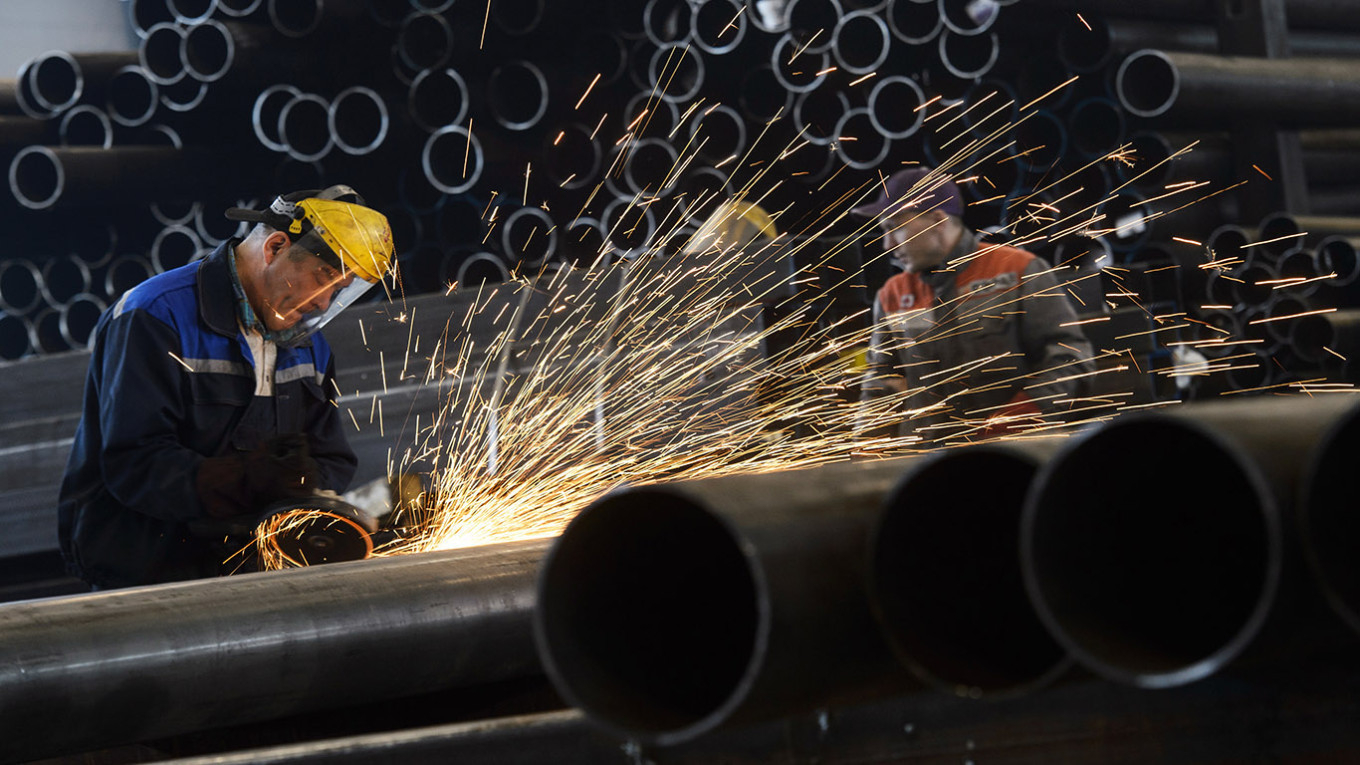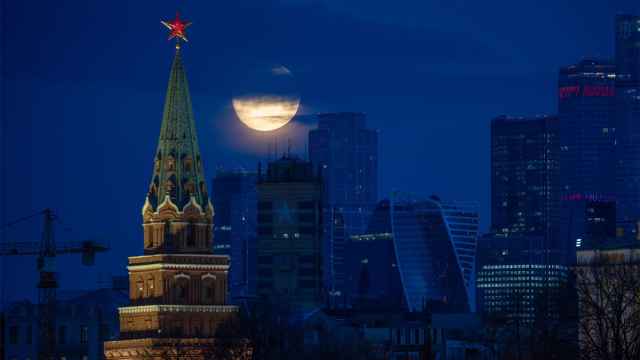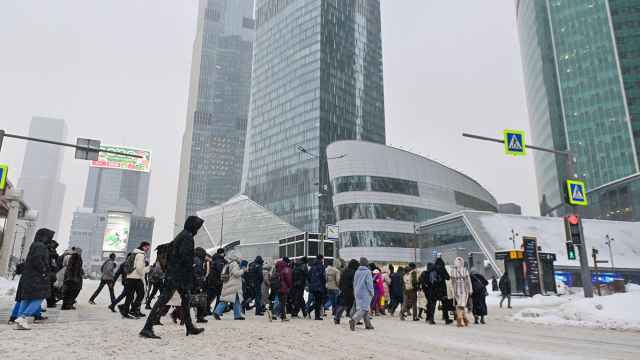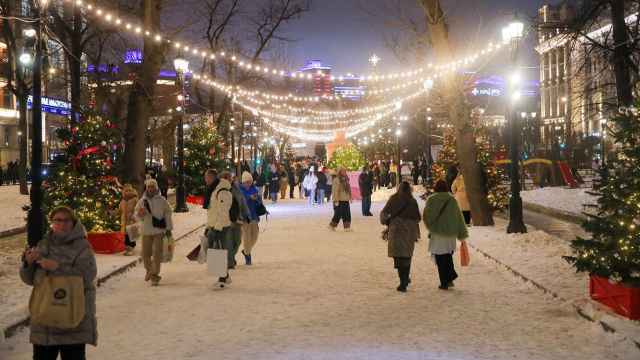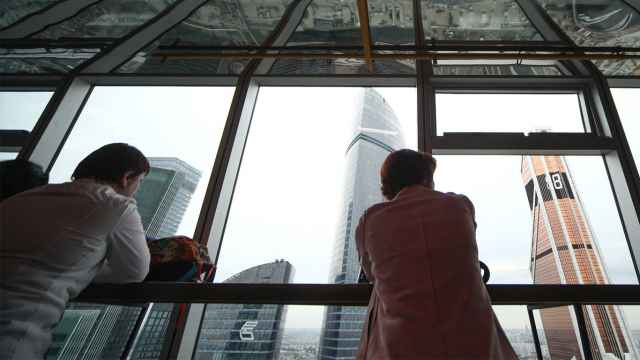Business activity in Russia’s private sector shrank sharply in September to its lowest level in three years, according to a new survey by S&P Global.
The S&P Global Purchasing Managers’ Index (PMI) fell to 46.6 in September from 49.1 in August, dropping further below the 50.0 mark that separates expansion from contraction.
Manufacturing activity contracted for a fourth straight month, while the services sector posted its steepest decline since December 2022. Together, the two pushed the composite index to its lowest in three years.
The downturn, driven by a third consecutive monthly fall in new orders, marks the sharpest drop since late 2022. Companies cited a shrinking client base and weaker purchasing power among customers.
Firms also reported higher costs for suppliers, wages and utilities, with input costs rising at the fastest pace in five months.
But passing these expenses on to consumers proved difficult, with output prices rising more slowly than costs in both services and manufacturing.
Separate surveys by the Russian Central Bank of more than 10,000 firms pointed to a slowdown but not a contraction in activity. Its business climate index slipped to 1.8 in September from 2.0 in August.
Economists noted that the PMI focuses on the private sector and largely excludes defense-related industries, which continue to expand.
The government-aligned Center for Macroeconomic Analysis and Short-Term Forecasting (CMASF) think tank estimated that output in most civilian industries has fallen 5.4% so far this year, and 6.3% over the past 12 months.
The group said high interest rates have hit profitability across many sectors, discouraging investment and threatening the financial stability of firms.
Economist Dmitry Nekrasov of the CASE think tank said Russia’s civilian economy has suffered as resources shift into the military sector, with the Central Bank’s steep rate hikes — introduced to counter inflation stoked by war spending — further weighing on private industry.
President Vladimir Putin recently acknowledged that the Central Bank’s tighter monetary policy was curbing growth, but said it was necessary to bring inflation under control.
The government now expects the economy to grow by just 1% this year and 1.3% in 2026. But Sofia Donets, chief economist at T-Investments, forecasts GDP growth of less than 1% in both 2025 and 2026.
A Message from The Moscow Times:
Dear readers,
We are facing unprecedented challenges. Russia's Prosecutor General's Office has designated The Moscow Times as an "undesirable" organization, criminalizing our work and putting our staff at risk of prosecution. This follows our earlier unjust labeling as a "foreign agent."
These actions are direct attempts to silence independent journalism in Russia. The authorities claim our work "discredits the decisions of the Russian leadership." We see things differently: we strive to provide accurate, unbiased reporting on Russia.
We, the journalists of The Moscow Times, refuse to be silenced. But to continue our work, we need your help.
Your support, no matter how small, makes a world of difference. If you can, please support us monthly starting from just $2. It's quick to set up, and every contribution makes a significant impact.
By supporting The Moscow Times, you're defending open, independent journalism in the face of repression. Thank you for standing with us.
Remind me later.


